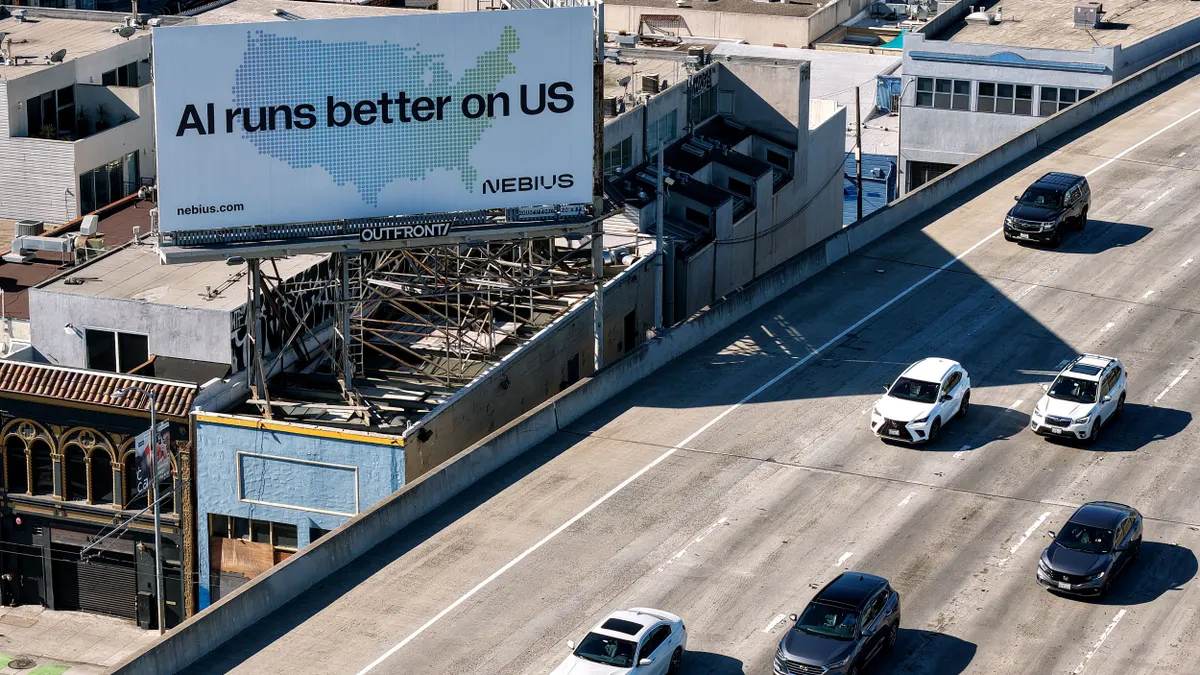The value proposition for employers that offer voluntary benefits alongside core benefits like health and disability insurance, is widely acknowledged. But what's increasingly coming into focus is the need for made-to-order benefits packages that address the unique needs of a specific workforce.
A growing number of organizations offer a range of voluntary benefits, according to research. The Benefitfocus 2017 State of Employee Benefits report showed that nearly half (47%) of large employers on its platform offered at least one of the three “major” voluntary benefits products (accident, critical illness and hospital indemnity), up from 36% a year ago.
Yet, whether organizations provide certain voluntary benefits largely depends on what prospective candidates want and need. Brokers and insurance companies already know this, obviously, so their list of plan offerings is usually distilled into a menu of ready-made packages for rollout before, during and after enrollment season. But what happens when you spot a unique need for a given benefit within your office that isn't on the menu?
With a blend of collaboration and trust — and perhaps a small willingness to fail — organizations and their benefits partners can deliver tailored, made-to-order benefits packages that will resonate with specific employee groups, according to industry leaders.
The framework
Knowing is half the battle, and that's especially true when it comes to HR understanding its workforce. If an employer isn't cognizant of the unique challenges presented by an office with a large contingent of working moms, for example, it's unlikely that those employees will feel that the benefits offered cater to their specific needs.
"The employer basically signed up to buy a product that they hadn’t seen. Not every employer is willing to do that."

Greg Hammonds
VP of Specialty Marketing Sales, Standard Insurance Company
That's the thought process of William J. Peterson IV, assistant VP of HR at Phoebe Putney Health Systems, a regional hospital network in Georgia. Before Phoebe Putney enlisted the help of the Standard Insurance Company (The Standard) and other partners to build a voluntary benefits package, there were roadblocks to employees' adoption of the organization's wellness initiatives, Peterson said during a panel session at the 2017 Employee Benefits Forum and Expo in Boca Raton, FL.
"There's a couple of barriers we face. Probably the strongest is tradition," he said. Cultural and regional traditions like fried chicken and sweet tea aren't trivial. "The reality is that our employees are part of our local society, and so, for me, it wasn't as much about looking initially at the issues and symptoms plaguing our employees, it was about looking at the issues and symptoms plaguing our local society."
Basically, cultures (both organizational and local) matter when building benefits. Once Peterson and his colleagues recognized a history of chronic illness among Phoebe Putney's workforce, they turned to The Standard, along with broker OneDigital and enrollment firm Hodges-Mace, for help.
Trusted partners
Eventually, Peterson went to The Standard with the idea of launching a hospital indemnity benefit for Phoebe Putney workers. The catch: Peterson and his team wanted the product to include a built-in incentive for employees to use Phoebe Putney's own health system in the event of, say, a critical illness.
It's a big pitch to make to insurers, not particularly known for being flexible, Greg Hammonds, The Standard's VP of specialty marketing sales, said in an interview. But flexibility is essential to the concept of personalization.
"Running an insurance company doesn’t necessarily lend itself to a lot of one-off innovations," Hammonds said, "because at some point you have to have confidence that your customized solution has a buyer." It's an unconventional play for the insurer, but made-to-order packages like this require risk takers on all sides. Hammonds believes Peterson challenging The Standard to innovate was key.
"[Peterson] brings a unique perspective — he is willing to fail," Hammonds said. "We took a risk, the broker took a risk, and the employer took a risk. The employer basically signed up to buy a product that they hadn’t seen. Not every employer is willing to do that."
The eight-year relationship built between Phoebe Putney and The Standard engendered a significant amount of trust, Hammonds and Peterson said. A sense of common purpose helps to build the foundation, too. In this case, each party took interest in helping Phoebe Putney's employees live healthier lives.
"The only time people interact with us is when they're hurt, when they're sick, when they can't work or when someone dies — when the three things they hold most dear are threatened," said Josh Roland, GA Principal and Practice Leader of OneDigital. "Because we strive to help these people, we're driven to innovate."
ROI and retention
By the end of the product's construction and rollout, the results were eye-opening, according to Alex Ward, regional VP at Hodges-Mace.
“About 30% of employees are satisfied nationwide with the benefits offered by their employer,” Ward said. “95% of employees at Phoebe, who go through this process, are satisfied with the benefits being offered.”
Ward also stressed the importance of customized benefits and their impact on retention. "We're in the tightest labor market we've been in in the last 10 years, and the fight for talent is real," he said. "Start thinking about not just benefits and the cost there, but what's the impact to the bottom line of the organization?"
As healthcare insurance packages vary less from employer to employer, Roland said, there will be fewer ways for employers to differentiate themselves on this and other core benefits. That's where he and others see an opening for custom-tailored voluntary benefits.





















